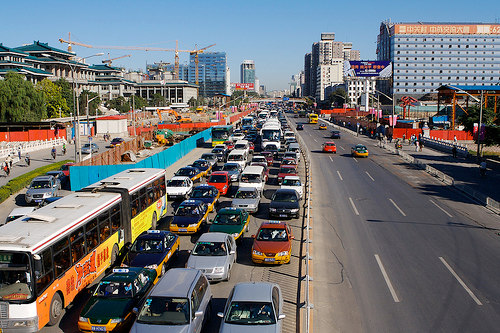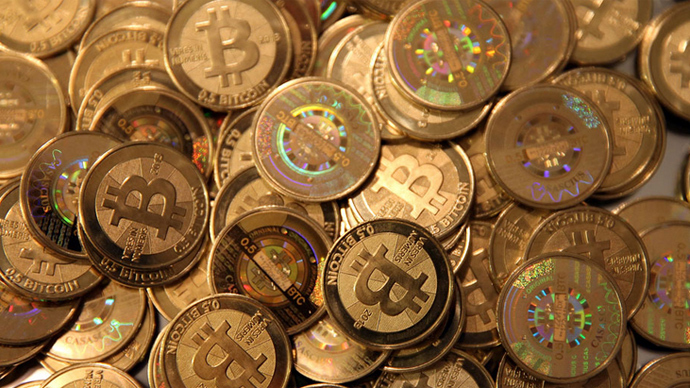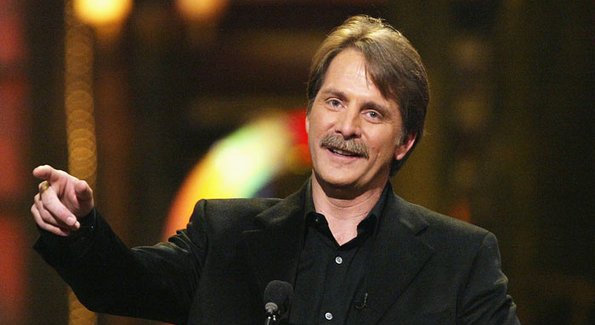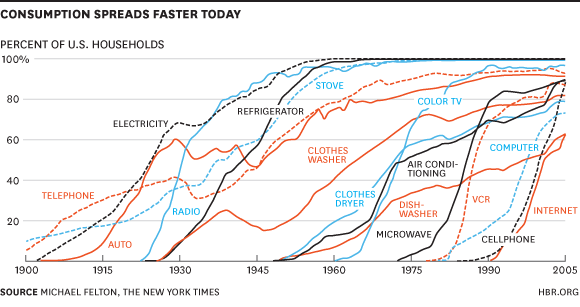
Walker recently posted on a study showing that 19th century missionary efforts had a positive, even vital effect on the development of liberal democracy.
The study focused on “conversionary Protestants,” but if we look beyond the scope of democracy, we still find that the influence of missionary group was by large a positive one. This includes ”non-conversionary” Protestants, Catholics, and Orthodox. Some interesting examples come from missionary efforts in 19th century Palestine, and they have something to tell us about the supposed dichotomy between science and religion, as well as the contention that religion is a corrosive, negative influence.
Missionary movements have made a very real contribution to the spread of modern medicine. As an example (though certainly not the earliest), for over half a century one of the few modern hospitals in Israel/Palestine was the one run by Scottish missionaries in Tiberias, by the shores of the Sea of Galilee. In 1885, the young Dr. David Watt Torrance arrived as a medical missionary. His clinic was at first very small- only two rooms- and the locals were understandably suspicious of his motives. Torrance gained the confidence of the locals due to his skill and compassion, although very few took any steps toward conversion. In 1894, a proper hospital was built, and it remained in operation until 1959. Malaria and dysentery were among the most common illnesses treated at the hospital.
To give an idea of just why this was a big deal, before the medical missionary efforts traditional medicine in Palestine involved amulets, pilgrimages to the tombs of holy men, exorcisms, and bloodletting. This was true no matter to what religion or social class you belonged.
One measure of these medical missions’ success was that Jewish communities in turn made increased efforts to establish their own hospitals and clinics wherever missionaries operated as a way to counter their influence.
It is probably not an exaggeration to say that tens of thousands owe their lives to the Torrances’ religion (Herbert took over from his father until his own retirement in 1953), and the number increases significantly if one takes other mission hospitals into consideration. Torrance himself paid a terrible price- he buried two wives and four children in Tiberias. It was Torrance‘s faith in God which led him to dedicate his life to improving the health and lives of Galileans, regardless of their religious denomination or convictions. Science, that is, modern medicine, was his tool, but religious faith was the motivator. What the Torrances and other medical missionaries show is that religion has often led to the spread of science in very practical ways.
The scholars Ruth Kark, Dietrich Denecke, and Haim Goren wrote a paper entitled “The Impact of Early German Missionary Enterprise in Palestine on the Modernization and Environmental and Technological Change, 1820—1914.”
We suggest that it is informative to emphasize a new dimension to the study of missions- that of the relationship between religion and belief systems and place or space. Within the missionary context this relates to the study of the impact of missionary concepts and activity on environmental and spatial change and the creation of new urban and rural landscapes. These reflect far-reaching effects that remain evident to the present.
Their study deals with two German missionary groups. The first, Protestants, founded an orphanage and school in 1860 just outside of Jerusalem for Christian victims of persecutions in Lebanon. Not only did they provide schooling, they also taught the children various practical trades employing and constantly upgrading modern methods of production.
In 1889, German Catholic missionaries purchased land at Tabgha, the traditional site of the Miracle of the Loaves and Fishes. They established a network of schools for local Arab Christians, and an agricultural commune run by monks. They introduced a lot of modern agricultural tools and techniques, re-introduced bananas to the region, and sailed the first motor-boat on the Sea of Galilee.
The article is well worth a read, and it gives a new spin on the role of religion in progress and modernization.










